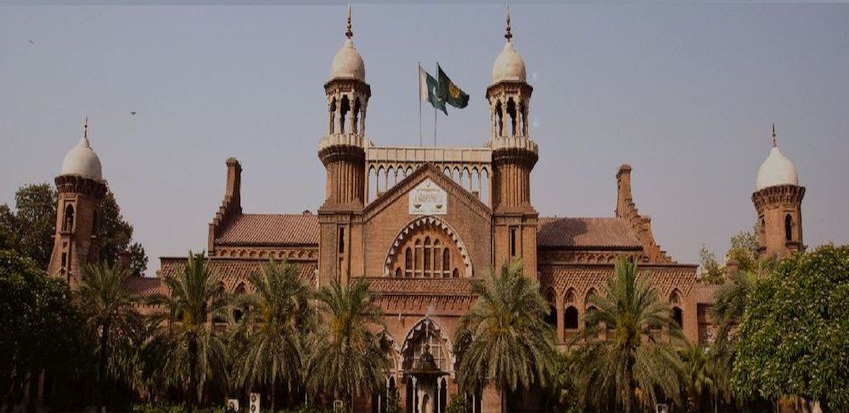Compelling the Taxpayer to deposit one-third of the Disputed Amount without Proper Determination of Liability is unjustified --- Lahore High Court, Lahore
Islamabad 12-10-2024: The Lahore High Court has set aside a condition imposed by the Appellate Tribunal of the Punjab Revenue Authority (PRA), which required the Faisalabad Electric Supply Company Ltd. to deposit one-third of a disputed withholding tax amount as a condition for granting a stay on the recovery of the remaining amount. Mr. Justice Raheel Kamran, delivering the judgment, ruled that the condition was imposed arbitrarily and without lawful authority.
In its Writ Petition, the Faisalabad Electric Supply Company challenged the tribunal’s order dated August 7, 2024, which required the company to deposit one-third of the disputed tax within 30 days. The company contended that such a condition was illegal and curtailed its right of access to justice. The Court allowed the petition and directed the Appellate Tribunal to decide the pending appeal within 90 days.
The Court held that there is no absolute bar on entertaining a writ petition under Article 199 of the Constitution of Pakistan against interlocutory orders, particularly where the order is passed without jurisdiction or legal authority. In this case, the Appellate Tribunal’s conditional order was deemed arbitrary, making the writ petition maintainable.
The Court examined the provisions of Section 67 of the Punjab Sales Tax on Services Act, 2012, which grants the Appellate Tribunal discretionary power to stay the recovery of disputed tax. The Court ruled that any conditions imposed must be reasonable and based on proper justification, which was lacking in the present case.
Mr. Justice Raheel Kamran emphasized that Section 68 of the Act, which requires a taxpayer to deposit the admitted amount of tax while an appeal is pending, should not be interpreted in a way that imposes an unreasonable restriction on the taxpayer. The Court ruled that compelling the petitioner to deposit one-third of the disputed amount without proper determination of liability was unjustified.
The judgment reaffirmed the principle of unhindered access to justice, stating that tax recovery should be stayed until at least one independent forum has fully adjudicated the dispute. The Court noted that forcing the taxpayer to deposit disputed amounts before the tribunal could be considered an infringement on the right to a fair trial.
The Court cited various precedents to support its decision, including Commissioner Inland Revenue Vs. Messrs T.N.W. Engineering Works (2019 PTD 46) and Haji Tooti Vs. Federal Board of Revenue (2023 PTD 1617), to clarify the Court’s stance on writ petitions against interlocutory orders and the right to stay tax recovery.
The Lahore High Court’s ruling provides important guidance on the limits of the discretionary powers of tax tribunals, particularly in matters involving the imposition of conditions for staying tax recovery. The decision reinforces the taxpayer’s right to a fair trial and access to justice, setting a significant precedent in cases involving interim orders by appellate bodies.
The Appellate Tribunal was directed to conclude the appeal within 90 days, allowing the petitioner to challenge the disputed tax amount without being forced to make a premature deposit.
This judgment is expected to have broader implications for similar tax disputes, providing relief to taxpayers who seek judicial review of interlocutory orders passed by appellate authorities.
Powered by Froala Editor








